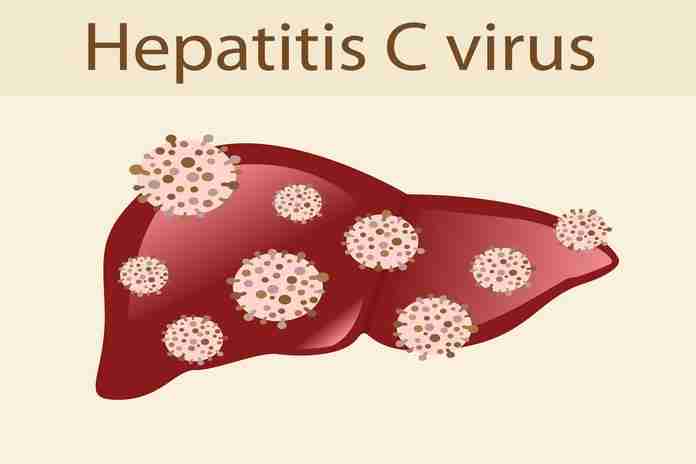“Hepa” means liver while “itis” is a general term used to indicate active inflammation in the body. Hepatitis thus means an active inflammation of your liver caused by the hepatitis viruses, infections, as a side effect of certain medications, toxins, and autoimmune disorders. Hepatitis B and C viruses cause the most severe form of hepatitis.
Hepatitis C infection usually follows two courses; acute and chronic hepatitis C. The signs and symptoms usually depend on the type of infection you have. The symptoms will be of the short term if you have an acute variant of hepatitis C and may last for six months or less. However, the acute phase can lead to chronic hepatitis – that may last for years because it’s difficult for your body to eradicate the virus.

Common Signs and Symptoms of Hepatitis C
Most people (about 65-70%) with acute Hepatitis C infection do not show signs of the disease or experience any symptoms. If symptoms do occur, they usually appear within two weeks to six months after being exposed to the Hepatitis C virus (HCV). If you do develop symptoms, these may include;
Jaundice

In jaundice, you may notice that your whites of your eyes and skin (more visible on the palms of the hands) look yellowish. This typically happens when the liver is not working well enough to break down bilirubin, a pigment chemical present in the blood. If too much of bilirubin builds up in the blood, your skin and eye whites can turn yellow. Jaundice can show up quickly after you are infected with hepatitis C.
As jaundice is a common and non-specific symptom of hepatitis, do consult your doctor to rule out the underlying cause.

